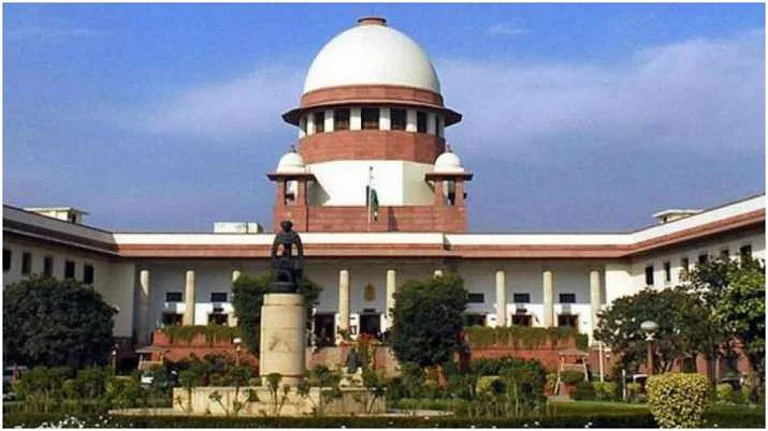
Summary of this article
- The Supreme Court stayed key provisions of the 2024 Waqf Amendment Act
- These included the clause allowing district collectors to decide encroachment disputes, but declined to suspend the entire law.
- The bench held that waqf bodies must remain predominantly Muslim in composition
The Supreme Court on Monday temporarily suspended several provisions of the 2024 Waqf Amendment Act but refused to strike down the entire legislation, observing that such a step should be taken only in the “rarest of the rare” cases.
A bench of Chief Justice of India B.R. Gavai and Justice Augustine George Masih said certain provisions of the Act could lead to an “arbitrary” exercise of power. The court stayed the clause empowering government-appointed officers, including district collectors, to determine whether waqf properties had encroached on state-owned land. It ruled that the Executive could not be vested with sweeping authority that might infringe on citizens’ rights.
The court also clarified that waqf bodies should remain predominantly Muslim in composition. While up to three or four non-Muslim members can be included in Waqf Boards and the Waqf Council, the Chief Executive Officer should “preferably” be a Muslim, the bench observed.
The requirement that a person has to be a practicing Muslim for five years before they can dedicate a property as waqf (Section 3(r)) has been stayed until State rules are framed for examining whether person is a practicing Muslim or not. The court said that with no concrete test for the same this would lead to arbitrariness.
Political Reactions
The order triggered strong political reactions across party lines. The Indian Union Muslim League (IUML), one of the petitioners in the case, welcomed the court’s intervention. IUML leader and MP E.T. Muhammad Basheer said the stay on provisions limiting the representation of Muslims in waqf bodies was “a significant relief” for the community. “We will wait for the final judgment, but this interim order protects important rights,” he said.
Congress also hailed the ruling, with party general secretary Jairam Ramesh describing it as a “substantial victory” for those who had opposed the law in Parliament. He noted that members of the Joint Parliamentary Committee who had filed dissent notes against the amendment now stood “vindicated.”
Meanwhile, Parliamentary Affairs Minister Kiren Rijiju welcomed the decision, arguing it validated Parliament’s authority to legislate. He said the Solicitor General had defended the law in detail before the court, and the bench’s order reflected a “healthy sign for democracy.”






















